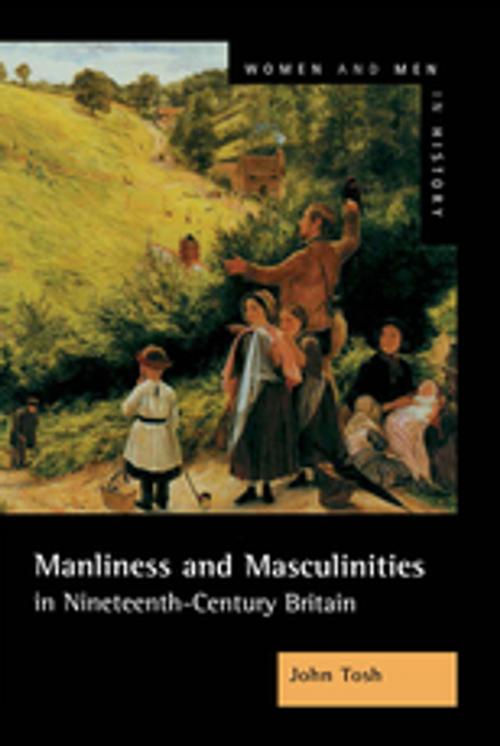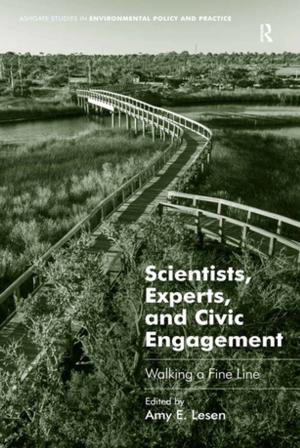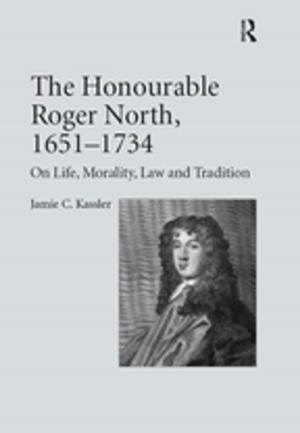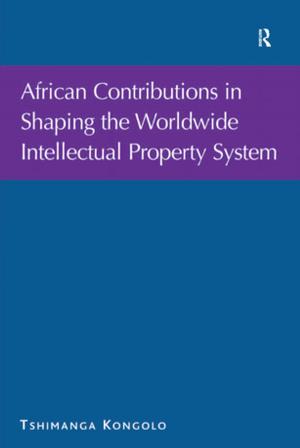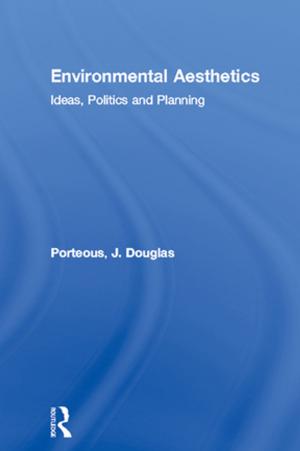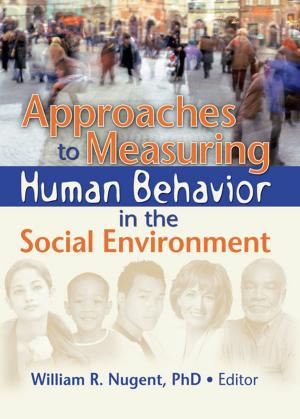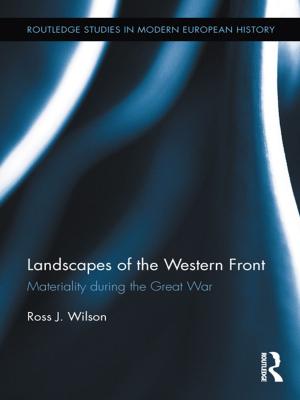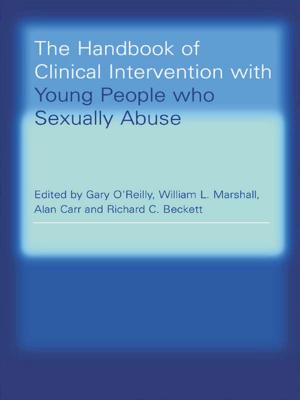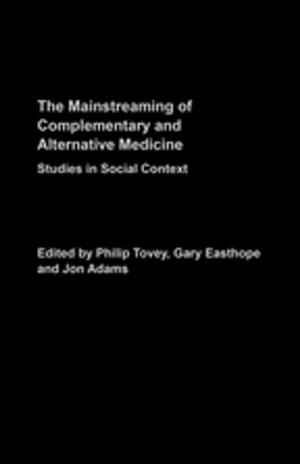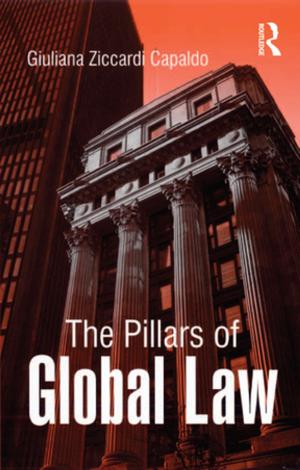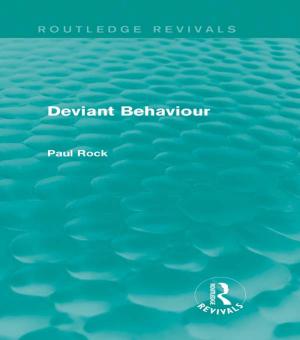Manliness and Masculinities in Nineteenth-Century Britain
Essays on Gender, Family and Empire
Nonfiction, History, Reference, Historiography, Modern, 19th Century, British| Author: | John Tosh | ISBN: | 9781317877158 |
| Publisher: | Taylor and Francis | Publication: | March 2, 2017 |
| Imprint: | Routledge | Language: | English |
| Author: | John Tosh |
| ISBN: | 9781317877158 |
| Publisher: | Taylor and Francis |
| Publication: | March 2, 2017 |
| Imprint: | Routledge |
| Language: | English |
In the space of barely fifteen years, the history of masculinity has become an important dimension of social and cultural history. John Tosh has been in the forefront of the field since the beginning, having written A Man’s Place: Masculinity and the Middle-Class Home in Victorian England (1999), and co-edited Manful Assertions: Masculinities in Britain**since 1800 (1991). Here he brings together nine key articles which he has written over the past ten years. These pieces document the aspirations of the first contributors to the field, and the development of an agenda of key historical issues which have become central to our conceptualising of gender in history. Later essays take up the issue of periodisation and the relationship of masculinity to other historical identities and structures, particularly in the context of the family. The last two essays, published for the first time, approach British imperial history in a fresh way. They argue that the empire needs to be seen as a specifically male enterprise, answering to masculine aspirations and insecurities. This leads to illuminating insights into the nature of colonial emigration and the popular investment in empire during the era the New Imperialism.
In the space of barely fifteen years, the history of masculinity has become an important dimension of social and cultural history. John Tosh has been in the forefront of the field since the beginning, having written A Man’s Place: Masculinity and the Middle-Class Home in Victorian England (1999), and co-edited Manful Assertions: Masculinities in Britain**since 1800 (1991). Here he brings together nine key articles which he has written over the past ten years. These pieces document the aspirations of the first contributors to the field, and the development of an agenda of key historical issues which have become central to our conceptualising of gender in history. Later essays take up the issue of periodisation and the relationship of masculinity to other historical identities and structures, particularly in the context of the family. The last two essays, published for the first time, approach British imperial history in a fresh way. They argue that the empire needs to be seen as a specifically male enterprise, answering to masculine aspirations and insecurities. This leads to illuminating insights into the nature of colonial emigration and the popular investment in empire during the era the New Imperialism.
